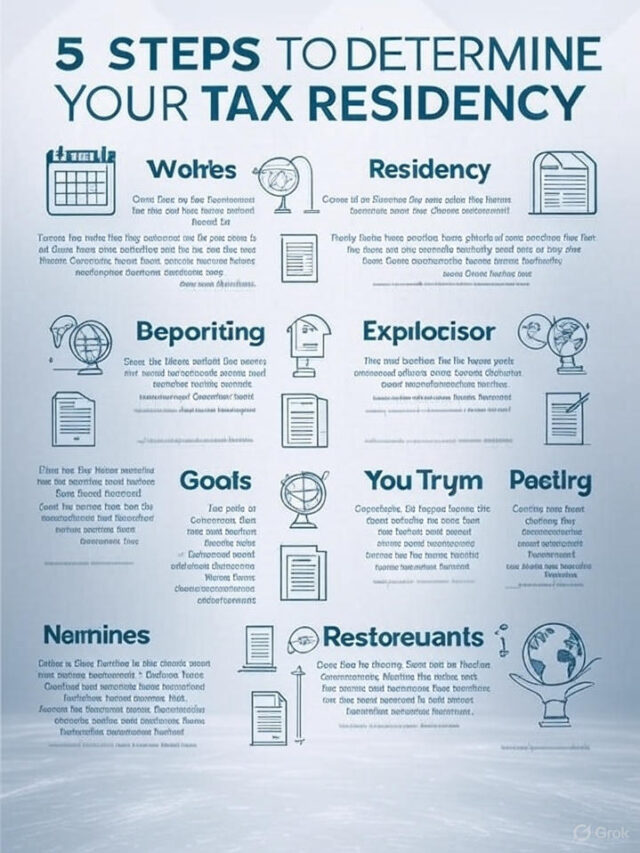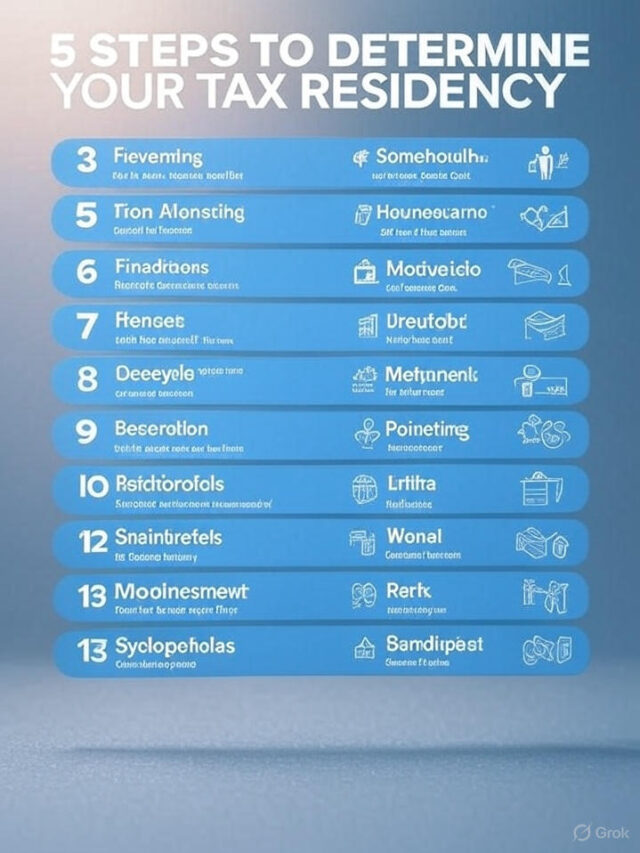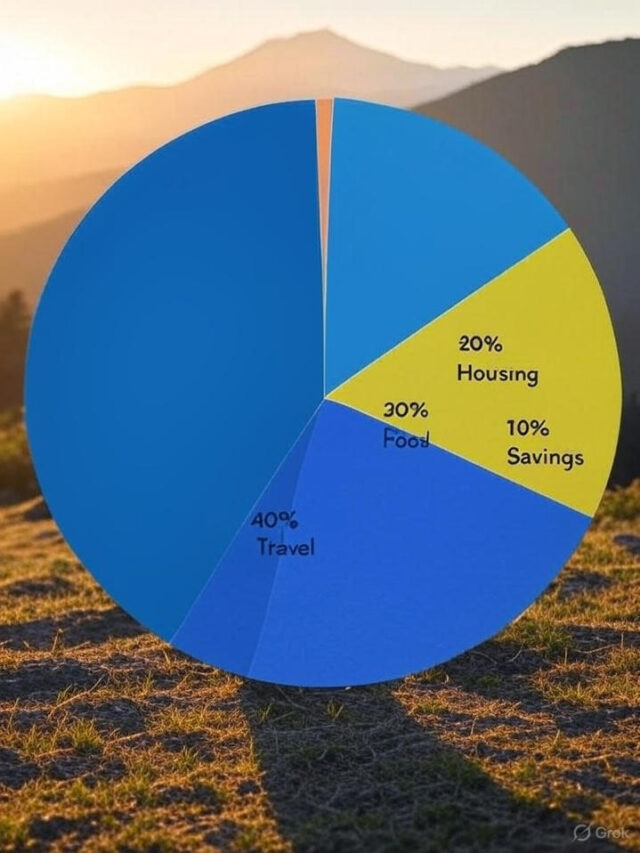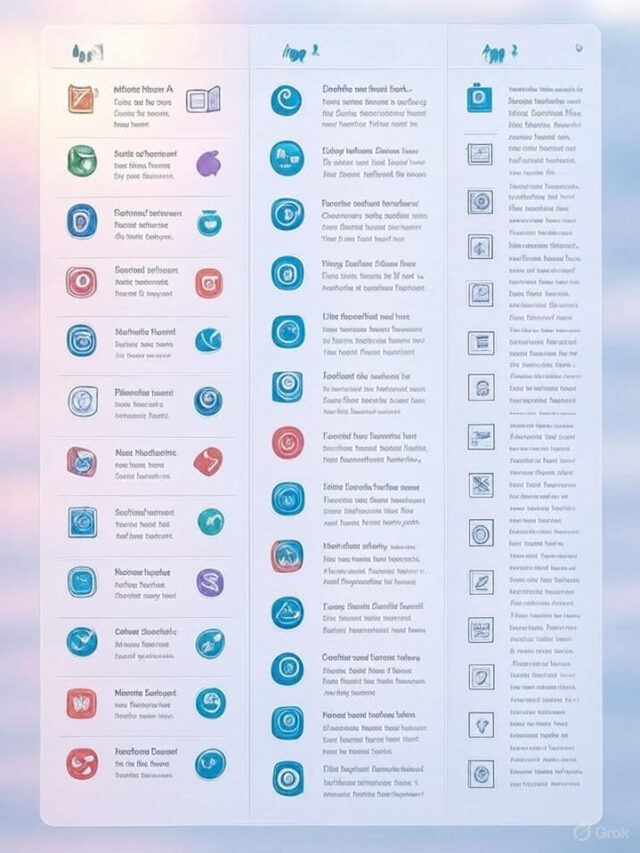
How to Conquer Chronic Health Anxiety and Reclaim Your Peace of Mind

Do you ever lie awake at night, heart racing, convinced that every ache or twinge is a sign of something serious? If so, you might be grappling with chronic health anxiety, a relentless cycle of worry about your health that can feel impossible to escape. As someone who’s spent years studying mental health and helping people navigate these fears, I’m here to tell you: you’re not alone, and there are practical ways to break free. This article dives deep into chronic health anxiety, offering actionable strategies to manage it, backed by science and real-world examples. Whether you’re new to this struggle or looking for fresh insights, let’s explore how to reclaim your peace of mind.
What Is Chronic Health Anxiety?
Chronic health anxiety, sometimes called illness anxiety disorder, is when someone persistently worries about having or developing a serious medical condition, even when tests or doctors say they’re fine. According to the Anxiety and Depression Association of America, about 1–5% of people experience this, but many more deal with milder forms. It’s not just “being a hypochondriac”—it’s a real mental health challenge that can disrupt daily life.
For example, Sarah, a 32-year-old teacher, spent months convinced her headaches were a brain tumor, despite clear MRI results. Her self worry, affecting her professional and personal life. Sound familiar? Chronic health anxiety often stems from a mix of genetics, past health scares, or even excessive Googling (hello, Dr. Google!).
Why Chronic Health Anxiety Feels So Overwhelming
Why does this anxiety hit so hard? It’s because health is deeply personal, and the stakes feel sky-high. Here’s what fuels the fire:
Uncertainty: Our bodies are complex, and not every symptom has a clear cause, leaving room for worry to creep in.
Hyperawareness: You might notice every sensation—heart palpitations, a random ache—and amplify its meaning.
Online overload: A 2022 study found that 65% of people who search symptoms online end up believing they have a serious condition.
Fight-or-flight response: Anxiety triggers physical symptoms like a racing heart, which can make you feel sicker, creating a vicious cycle.
Understanding these triggers is the first step to taking control.
5 Proven Strategies to Manage Chronic Health Anxiety
Ready to tackle chronic health anxiety? These evidence-based strategies can help you calm your mind and build resilience. They’re practical, beginner-friendly, and rooted in psychology.
1. Practice Mindful Awareness
Mindfulness teaches you to observe thoughts without judgment. Instead of spiraling when you feel a symptom, pause and ask, “Is this worry based on evidence?” A 2019 study in Frontiers in Psychology found mindfulness reduced anxiety symptoms by 30% in participants with health-related fears.
Try this: Set a timer for 5 minutes. Focus on your breath and notice sensations without labeling them as “bad.” Apps like Headspace can guide you.
2. Limit Symptom Searching
Googling symptoms is like pouring fuel on anxiety. A 2020 survey by Healthline showed 73% of people felt more anxious after online health searches. Instead, set boundaries.
How to do it: Allow yourself one trusted source (like Mayo Clinic) and a 10-minute limit per week for health research. Redirect your focus to a hobby or task.
3. Challenge Negative Thoughts
Cognitive Behavioral Therapy (CBT) is a gold standard for chronic health anxiety. It helps you question catastrophic thoughts like “This pain means I’m dying.” A 2021 meta-analysis in The Lancet found CBT reduced health anxiety symptoms in 70% of patients.
Quick exercise: Write down your worry (e.g., “My headache is a tumor”). List evidence for and against it. Replace it with a balanced thought: “Headaches are often caused by stress or dehydration.”
4. Build a Support Network
Talking to someone you trust—a friend, therapist, or support group—can lighten the load. Online communities like Anxiety UK offer forums to connect with others who get it.
Pro tip: Schedule a weekly check-in with a trusted person to share worries and get perspective.
5. Prioritize Self-Care
Chronic health anxiety thrives when you’re stressed or run-down. Regular exercise, sleep, and a balanced diet can reduce anxiety by up to 25%, per a 2023 study in Journal of Affective Disorders.
Start small: Walk 20 minutes daily, aim for 7–8 hours of sleep, and eat whole foods like fruits and veggies.
When to Seek Professional Help
If chronic health anxiety disrupts your work, relationships, or joy, it’s time to reach out. Therapists trained in CBT or Acceptance and Commitment Therapy (ACT) can offer tailored tools. Psychiatrists might suggest medication for severe cases. The National Alliance on Mental Illness reports that 60% of people with anxiety disorders see significant improvement with professional support.
FAQs About Chronic Health Anxiety
Q: How do I know if I have chronic health anxiety or just normal worry?
A: Normal worry fades after reassurance (like a doctor’s visit). Chronic health anxiety persists despite evidence, often for months, and impacts daily life.
Q: Can chronic health anxiety cause physical symptoms?
A: Yes! Anxiety can trigger real symptoms like chest tightness or nausea, which fuel the worry cycle.
Q: Is medication necessary for chronic health anxiety?
A: Not always. Therapy and lifestyle changes work for many, but medication can help severe cases. Consult a psychiatrist for options.
Q: How long does it take to overcome chronic health anxiety?
A: It varies. With consistent effort (like CBT or mindfulness), many see improvement in 8–12 weeks, but ongoing practice is key.
You Can Overcome Chronic Health Anxiety
Living with chronic health anxiety can feel like a never-ending battle, but you have the power to change the narrative. By understanding your triggers, using strategies like mindfulness and CBT, and seeking support when needed, you can quiet the worry and rediscover calm. Start with one small step—maybe a 5-minute mindfulness session or a walk—and build from there. You’re not your anxiety, and with time and effort, you can reclaim your peace of mind. What’s one strategy you’ll try today? Let’s take that first step together.

Retirement Planning for Digital Nomads: A Roadmap to Financial Freedom on the Move

Tax Strategies for Digital Nomads: A Comprehensive Guide to Staying Compliant and Saving Money
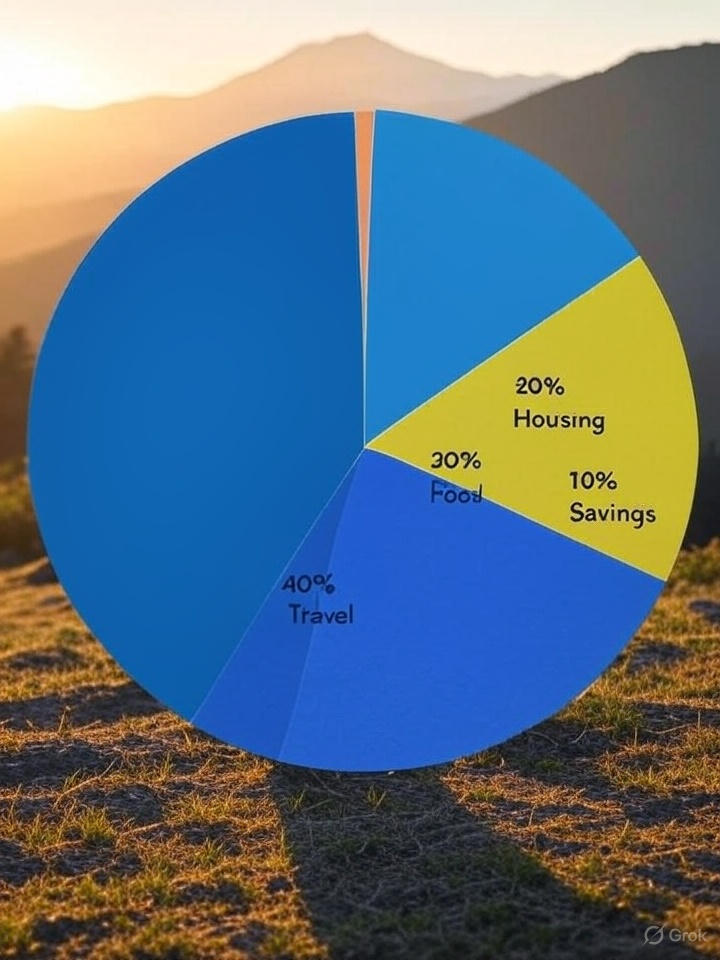

Saving Money as a Digital Nomad: A Comprehensive Guide to Financial Freedom



